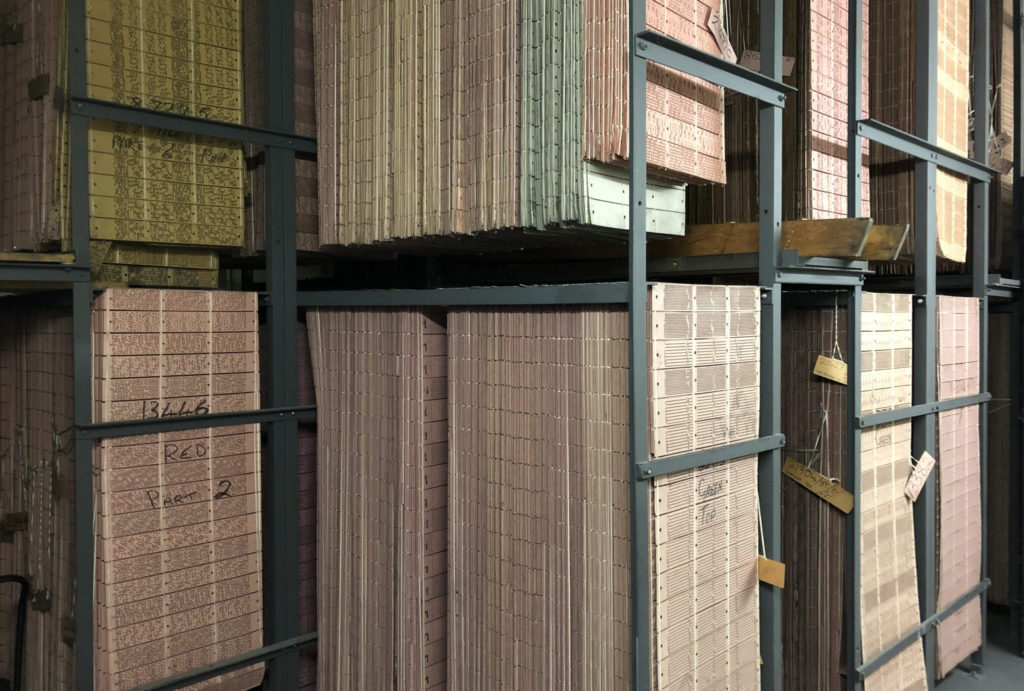
Selected Publications
| 2023 | “Nora Charles Goes to Rehab: Remaking Myrna Loy in The Best Years of Our Lives.” Celebrity Studies (published online in 2021, print in 2023). |
| 2022 | “Gulliver’s Travels, Automation, and the Reckoning Author.” British Literature and the History of Technology, 1600-1830 (Bucknell University Press—Aperçus Series). |
| 2022 | “Single-Press Literature: Improvements in Mechanism, Walladmor, and the Production of Authenticity.” The Wordsworth Circle (University of Chicago Press). |
| PEND | “Reading Note G: Ada Lovelace and the Secretarial Labor of Codework.” Issue: “Critical Code Studies.” Digital Humanities Quarterly (in revision). |
| PEND | “Can Open-Source Fix Predictive Policing? Anti-Racist Critical Code Studies Approaches to Contemporary A.I. Policing Software.” Co-written. Under review at Computational Culture. |
| 2021 | “Punch Card Imagination,” for the Hagley Library Research Blog. Link. |
| 2021 | “Hagley History Hangout,” Center for the History of Business, Technology, & Society, Hagley Library. Video and Podcast Interview. Link. |
| 2017 | “Bird Droppings: Necropastoral Futurity in Hitchcock’s The Birds.” Issue: “Filth.” Keep It Dirty vol. a., Punctum Books. Link. |
| 2016 | “The Big Guy with the Remote Control: Person of Interest and TV Preemption Fantasies.” Issue: “Panopticon.” The Lincoln Humanities Journal vol. 4, pgs. 47-58. |
| 2016 | “Starburst Galaxy.” The Offing Magazine. Link. |
| 2015 | “The Burden and the Beauty of Loneliness: An Interview with Leslie Parry.” Los Angeles Review of Books. Link. |
| 2015 | “Filmgoer Theory: An Interview with Eddie Muller on the Nowness of Noir.” Los Angeles Review of Books. Link. |
| 2014 | “Death of a Cubs Fan.” Cobalt Review, July 2014. Winning Writers (Sports Fiction & Essay Contest; 1st Prize, Fiction). Link. As Zach Mankofsky. |

Dissertation
My dissertation, “The Punch Card Imagination: Authorship and Early Machine Programming,” was funded by a Mellon—Council for European Studies Dissertation Completion Fellowship and a Mellon Humanities in a Digital World Fellowship. The project traces the development of punch card systems alongside literary history, from the automated silk looms of the 1720s to the rise of the personal computer in the 1970s. Each chapter brings new context to representations of intellectual labor in literature and science writing by reading these texts through punch cards: disposable strips of cardboard which deliver instructions to machines via binary patterns. I argue that each successive punch card innovation—the loom, the calculator, and the computer—embodies, influences, and is influenced by changing ideas around the creative process.